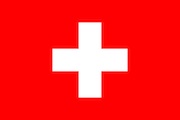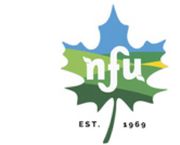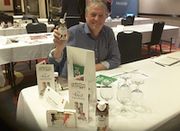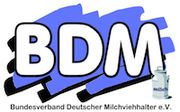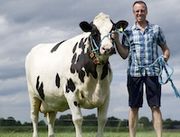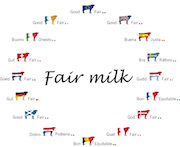EMB Newsletter June 2017
Newsletter as PDF
Contact
EMB - European Milk Board asbl
Rue de la Loi 155
B-1040 Bruxelles
Phone: +32 - 2808 - 1935
Fax: +32 - 2808 - 8265
Dear dairy farmers and interested parties,

The Common Agriculture Policy (CAP) is to be reformed by 2020 to be better adjusted to society’s wishes. Since the topic is very important for farmers, I attend the meetings of the Civil Dialogue Group on the Common Agriculture Policy on behalf of EMB.
To examine the effectiveness of the measures applied as part of the current CAP, the European Commission requested a mapping and evaluation study to be carried out by three institutes: Ecorys, the Institute for European Environmental Policy, and Wageningen University. The results of this study were presented on 3 May 2017. At the same time, the European Commission is developing a vision of what the new CAP 2020 should look like. This time, ambitious ‘magic formulas’ are ‘simplifying’ and ‘making more with less’.
The analyses carried out by the three above-mentioned institutes provide important insights: ‘historical factors are more important to member states than the three CAP objectives’ or ‘little evidence was found to support that for Pillar 1, member states carefully designed strategies incorporating long-term objectives (...)’.
Another study in a German federal state – mentioned at the meeting – proved that the bulk of the CAP budget is still spent on implementation and control: well over half of the CAP budget does not reach the farmers.
To me, both the outcomes of the study requested by the European Commission and one of the German federal states were shocking. Must I conclude that each EU member state does whatever it deems best with the CAP money from ‘Brussels’? That governments go back on their commitments made in the Founding Treaties and the current Lisbon Treaty – without thinking twice?
If that is the case, simplifying the Common Agriculture Policy shouldn’t be the main goal in the near future but answering the question how to guarantee that the CAP money is spent in line with the CAP goals, reaching the farmers. If these conditions are not met, any other reform will be doomed to fail from the outset.
‘Tunnel vision’ seems to be a general problem amongst European policymakers, as is apparent from the motto chosen for the new CAP: making more with less, but what is ...less? Fewer farmers, less soil, fewer resources? The CAP still tries to increase food production, although it has been proven for a long time that not ‘more’ but ‘better’ is appropriate today.
Demand-based food supply prevents overproduction, which only entails negative side effects: for the farmers’ income, the environment and the export value. This is reason enough to change the course, think outside the box, before a new CAP will be cast in stone. This is to ensure that the new Common Agriculture Policy will serve society as a whole and not just conserve the status quo.
The EMB is working on a position paper on the CAP reform, going back to the basic goals that support farmers. The CAP increases production standards and hence costs of production. This burden shouldn’t be borne unilaterally by the farmers while officials and inspection bodies drain the funds. The EMB will work on this in the interest of its members/milk producers, and the CAP should too!
Sieta van Keimpema, vice-president EMB and president of DDB Netherlands
Action in Switzerland: "No more cronyism!"
New Canadian pricing strategy for dairy ingredients
Trade mission to Canada - Insights from a farmer's perspective
Current developments in Germany
"Good milk prices and uncontrolled production do not go hand in hand"
European Fair Milk Conference
Impressum
European Milk Board asbl
Rue de la Loi 155
B-1040 Bruxelles
Phone: +32 2808 1935
Fax: +32 2808 8265
E-Mail: office@europeanmilkboard.org
Website: http://www.europeanmilkboard.org

